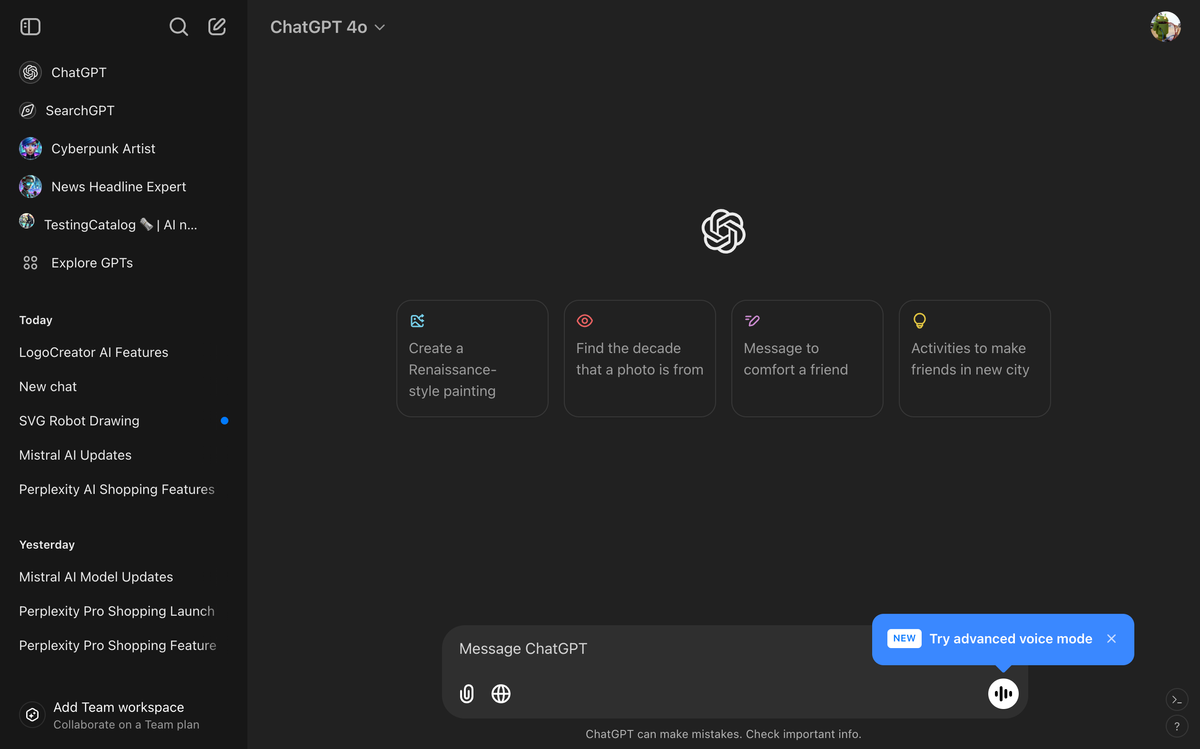
FinalException.com - Insights on Programming, Technology Solutions, and DevOps Practices
© 2024 FinalException.com IT Blog | Programming / Security / DevOps / Cloud / Testing. Created for free using WordPress and Kubio
Azure Key Vault is a cloud service (SaaS) that allows you to securly store and manage sensitive information such as API keys, passwords, certificates and connection strings. In this post, we’ll cover how to access secrets securely from your applications and what are best practices for using Azure Key Vault.
One of the primary reasons for using Azure Key Vault is to eliminate the risks associated with hardcoding secrets in your application’s configuration files. It not only eliminates the threat associated with keeping secrets in repostiory files but also separates the responsibility for managing access keys and connection strings across multiple environments. With AKV, the team responsible for deploying the application can securely handle sensitive data in a centralized way, shifting this responsibility away from developers. This allows programmers to focus on writing code without worrying about managing configuration for different environments.
Azure Key Vault offers numerous benefits, particularly in enhancing security and simplifying the management of sensitive information. One of its key advantages is secure storage. By centralizing the storage of secrets, encryption keys, and certificates, Azure Key Vault ensures that critical data is kept safe in one location, reducing the risk of exposure. This is especially important when dealing with sensitive credentials, as it enables developers to avoid hardcoding secrets within application code. Azure Key Vault employs hardware security modules (HSMs) to protect cryptographic keys, further enhancing the protection of valuable assets.






















